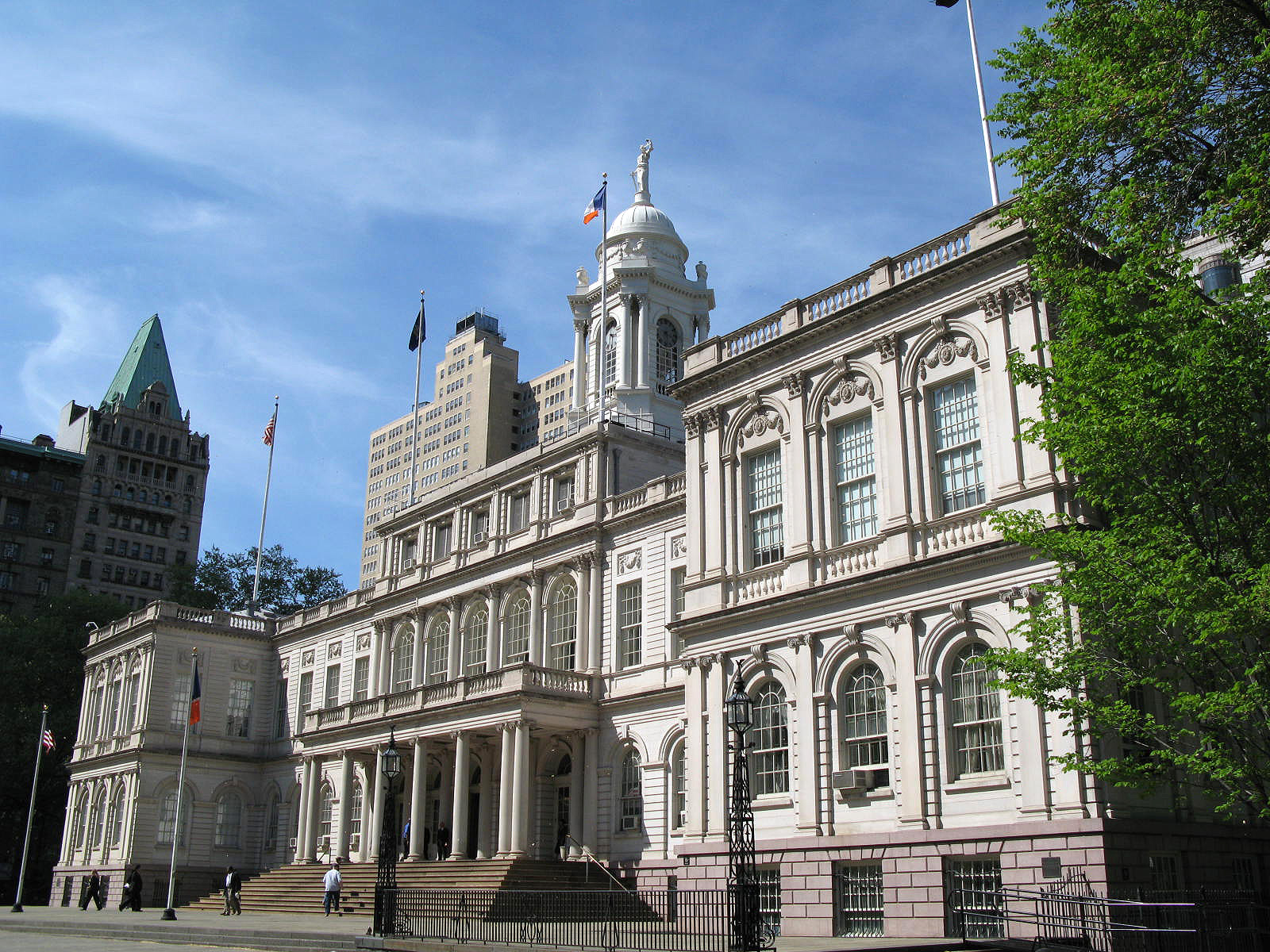Suing the Government or Its Employees in New Jersey
 Historically and as a matter of public policy, public entities are immune from suit pursuant to the doctrine of “sovereign immunity.” The New Jersey Tort Claims Act, however, creates limited exceptions to sovereign immunity. People are therefore permitted to sue for injuries but must comply with the strict requirements of the Tort Claim Act.
Historically and as a matter of public policy, public entities are immune from suit pursuant to the doctrine of “sovereign immunity.” The New Jersey Tort Claims Act, however, creates limited exceptions to sovereign immunity. People are therefore permitted to sue for injuries but must comply with the strict requirements of the Tort Claim Act.
New Jersey’s Tort Claims Act requires that persons who have claims against a governmental entity or its employee notify the public entity within ninety days from the date the claim accrues. The notice must contain the name and address of the claimant, the date, place and circumstances of the occurrence, a general description of the injury, the damage or loss sustained, and the name of the public entity or the employees responsible. Each municipality may have its own tort claim notice form. Failure to provide notice is an absolute bar to later recovery against a governmental unit or its employees. It is therefore critical to ensure compliance with the notice provisions of the Tort Claim Act.
After notice of tort claim is submitted, the government is then permitted a six month review the claim before a lawsuit can be filed. A lawsuit can be filed upon the expiration of the six month period. However, not every injury gives rise to a cause of action that requires providing the municipality with notice and then waiting six months. For example, the Tort Claims Act does not apply to statutory claims such as those brought under New Jersey’s Conscientious Employee Protection Act and New Jersey’s Law Against Discrimination. However, because the Tort Claims Act will bar a covered but late claim, it is better to comply now than find out later you were wrong.
The Tort Claims Act also provides protection to public employees from liability if the injury results during the exercise of the employee’s judgment or discretion vested in that employee. However, that is not to say that public employees are absolutely barred from liability. Indeed, public employees may not act in complete disregard for the rights of others. Also public employees can be subject to liability if the conduct complained of is outside the scope of the employee’s government employment or the act constitutes a crime or fraud.
The New Jersey Tort Claims Act also has a “verbal threshold” provision. The verbal threshold provision of the TCA provides that no damages can be awarded against a public entity or a government employee for pain and suffering resulting from an injury unless there is a permanent loss of a bodily function, permanent disfigurement or dismemberment where the medical treatment expenses are in excess of $ 3,600.00.
If you have been injured while on public property or as a result of the actions of a government employee our attorneys can help. Our attorneys are experienced in litigating various types of cases against New Jersey public entities ranging from personal injuries suits to employment litigation. To learn more about what our experienced New Jersey attorneys can do to help, please visit our website, e-mail us, or call one of our lawyers at (973) 890-0004.
 New Jersey Lawyers Blog
New Jersey Lawyers Blog

